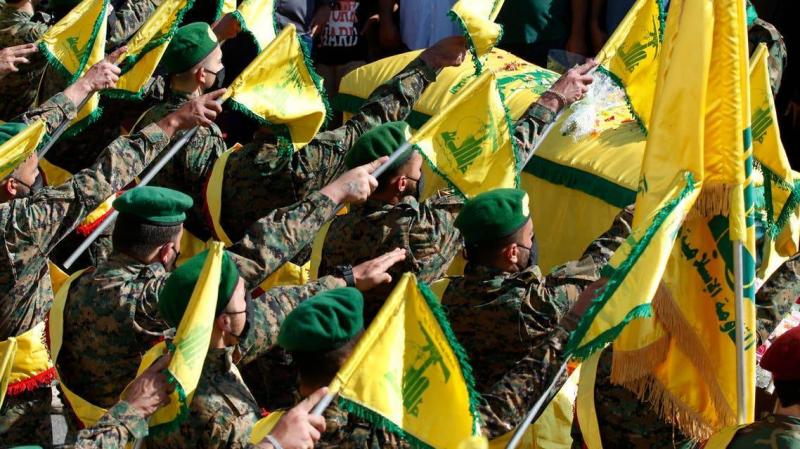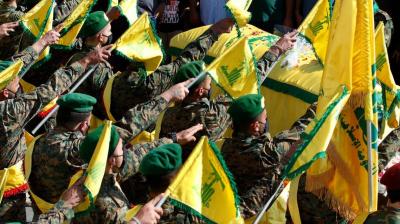U.S. State Department regional spokesperson Geraldine Griffith confirmed on Sunday that sanctions against the Lebanese Hezbollah were imposed due to its "destabilizing activities," according to the Lebanese channel "Voice of Beirut International" (SBI). Griffith stated that the issue of sanctions against Hezbollah is not limited to the United States "but includes the entire international community."
She added, "We will not hesitate to hold Hezbollah accountable for its destabilizing activities at the expense of the Lebanese people." The spokesperson noted that importing oil from Iran and similar activities "put Lebanon at risk." She mentioned that the U.S. administration imposed new sanctions on Hezbollah "to prevent it from exploiting Lebanese resources and securing financing," emphasizing, "We are committed to tightening the noose on the party."
Griffith continued, "What matters to us is that there is a government in Lebanon capable of fulfilling its role and implementing reforms, and it is no secret what Lebanon is suffering from in terms of an energy crisis and other issues due to years of corruption and mismanagement of resources." She added, "The U.S. administration has sought to find sustainable solutions to address the energy crisis in Lebanon, and importing fuels from a sanctioned country does not serve Lebanon's interests."
She stressed that the United States is "taking several actions against Iran and illicit oil imports," indicating Washington's readiness to help Lebanon overcome its energy crisis. She remarked, "But the Lebanese authorities must be prepared to play their part. America is in contact with our partners."
Last Friday, the United States imposed new sanctions on several individuals linked to Hezbollah. A post on the U.S. Treasury Department's website noted that Washington targeted a network and individuals associated with the Hezbollah militias classified as terrorists. The department clarified in a statement that the Office of Foreign Assets Control (OFAC) identified members of this financial network based in Lebanon and Kuwait, who operate within financial facilitators and front companies to support Hezbollah and the Quds Force of the Iranian Revolutionary Guard.
The department reported that these individuals or the network laundered tens of millions of dollars through regional financial systems, and conducted currency exchanges and gold trading for both the party and the Revolutionary Guard. It revealed that among these individuals are Ali Al-Shaer (nicknamed Al-Shaer Ali) from Bent Jbeil, in the Nabatieh district of southern Lebanon, and the Kuwaiti Jamal Hussein Abdul Ali Abdul Rahim, also known as Al-Shati or "Al-Shati."




